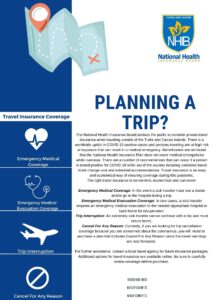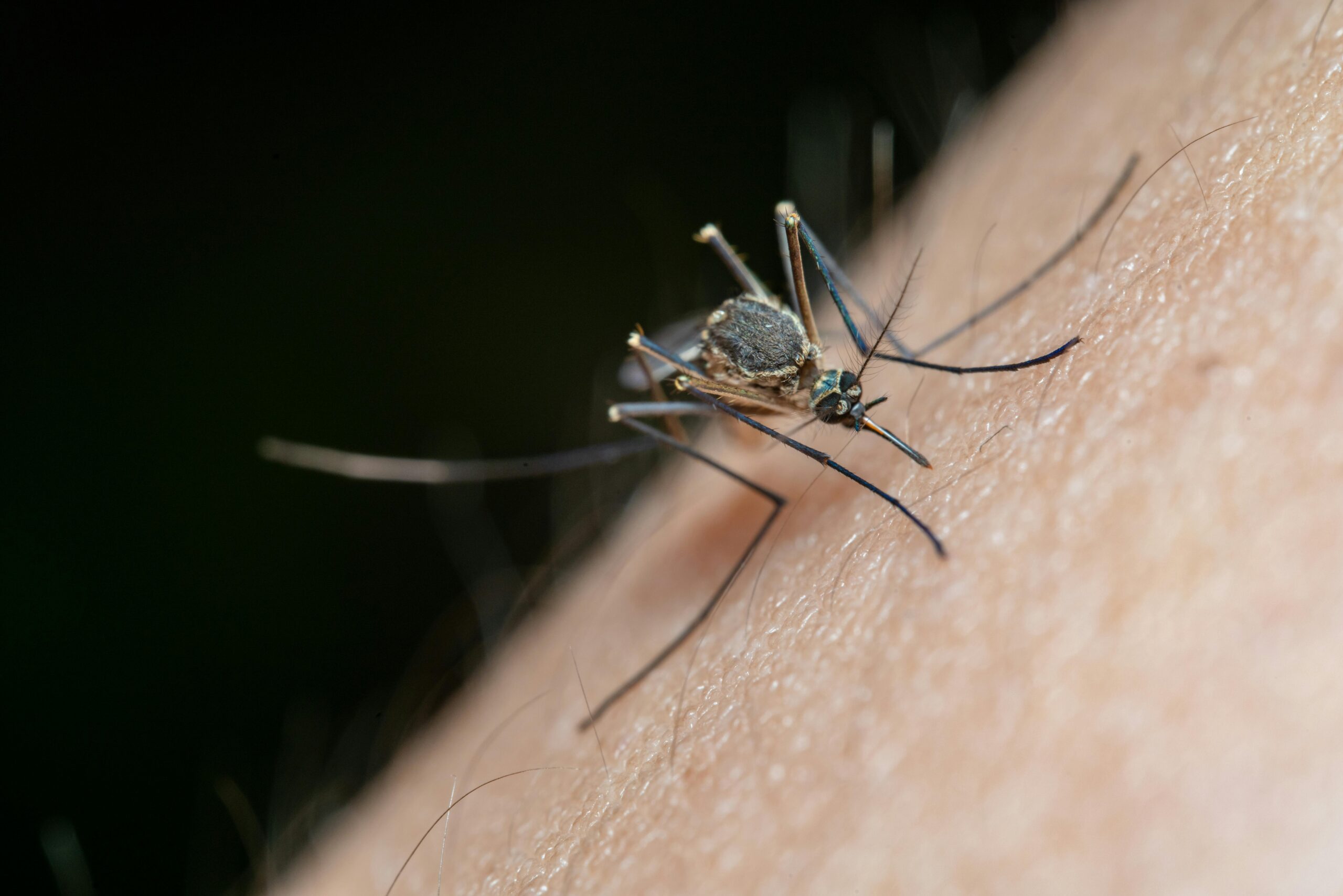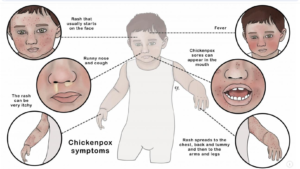May 19, 2022 – “Approximately 1 in 6 people aged 16 and over in England were identified as having a common mental health condition in 2014, according to survey data. In 2020 to 2021, there were around half a million people with more severe mental illness such as schizophrenia or bipolar disorder. We have seen worrying trends for children and young people, with rates of probable mental health disorders in 6 to 16-year-olds rising from 11.6% in 2017 to 17.4% in 2021. More people than ever are receiving support for a mental health crisis and, tragically, the numbers of those ending their life through suicide have broadly increased over the past decade. We know that two-thirds of people who end their life by suicide are not in contact with NHS mental health services.
For many of us, the experience of the coronavirus (COVID-19) pandemic – and its wide-ranging impacts on individuals, families, society and the economy – have brought these issues into sharper focus. Around 1 in 5 adults in Britain experienced some form of depression in the first 3 months of 2021, over double pre-pandemic figures.
individuals, families, society and the economy – have brought these issues into sharper focus. Around 1 in 5 adults in Britain experienced some form of depression in the first 3 months of 2021, over double pre-pandemic figures.
These problems aren’t felt equally by all of us. We know there is an uneven distribution of mental ill-health across society. People facing social and economic disadvantage are at a much higher risk of developing mental health conditions. They are also more likely to receive care and support much later as their conditions escalate to crisis point. In 2020 to 2021, people living in the most deprived areas of England were twice as likely to be in contact with mental health services than those living in the least deprived areas.
There are also disparities by ethnicity, age, sexuality, and sex, and for people with learning disabilities, neurodiversity, and long-term physical health conditions. Risks of mental ill-health are also higher for people who are unemployed, people in problem debt, people who have experienced displacement, including refugees and asylum seekers, people who have experienced trauma as the result of violence or abuse, children in care and care leavers, people in contact with the criminal justice system (both victims and offenders), people who sleep rough or are homeless, people with substance misuse or gambling problems, people who live alone, and unpaid carers. People may belong to several disadvantaged groups at once, which is likely to compound the risk of experiencing mental ill-health. Addressing these disparities is critical to deliver the government’s ambition to level up the country and tackle disparities in health. We will set out more detail on our plans to reduce the gap in health outcomes between different places and communities across the country in our forthcoming health disparities white paper. See Annex A below on mental health disparities for more detail, which can be used as a point of reference when responding to our questions.
The impacts of mental ill-health on individuals, communities, society and the economy are substantial. Children and young people’s mental health conditions incur annual short-term costs estimated at £1.58 billion and annual long-term costs estimated at £2.35 billion.
Around 50% of mental health conditions are established by the time a child reaches the age of 14, and 75% by age 24.
Adults with mental health conditions are much more likely to be out of work, to have lower incomes, increased problems with their physical health, and increased involvement in the criminal justice system, both as victims and perpetrators.
The total annual cost of mental ill-health in the workplace to government has been estimated at between £24 billion and £27 billion. The overall annual loss to the economy has been estimated at between £70 billion and £100 billion. Losses are greater in places and among groups that experience mental health disparities.
Health is essential to a stable and functioning economy.
Our strong economic foundation going into the pandemic and the support provided throughout means we have made good economic progress.
However, we must continue to build back better as we begin to rebuild the economy. By improving mental health across the country, we can improve lives and livelihoods whilst reducing the demand on the NHS and pressure on other public services, and at the same time supporting economic growth.
A healthier and happier population is also more likely to access employment opportunities, which will reduce inactivity and improve productivity.
Reducing disparities in mental health between local areas is therefore critical to ensuring more equal access to opportunities and supporting the government’s Levelling Up agenda.”


 News1 week ago
News1 week ago
 Health1 week ago
Health1 week ago
 TCI News5 days ago
TCI News5 days ago
 Caribbean News1 week ago
Caribbean News1 week ago
 Education1 week ago
Education1 week ago
 Caribbean News1 week ago
Caribbean News1 week ago
 Latin America and Caribbean2 days ago
Latin America and Caribbean2 days ago
 News1 week ago
News1 week ago











